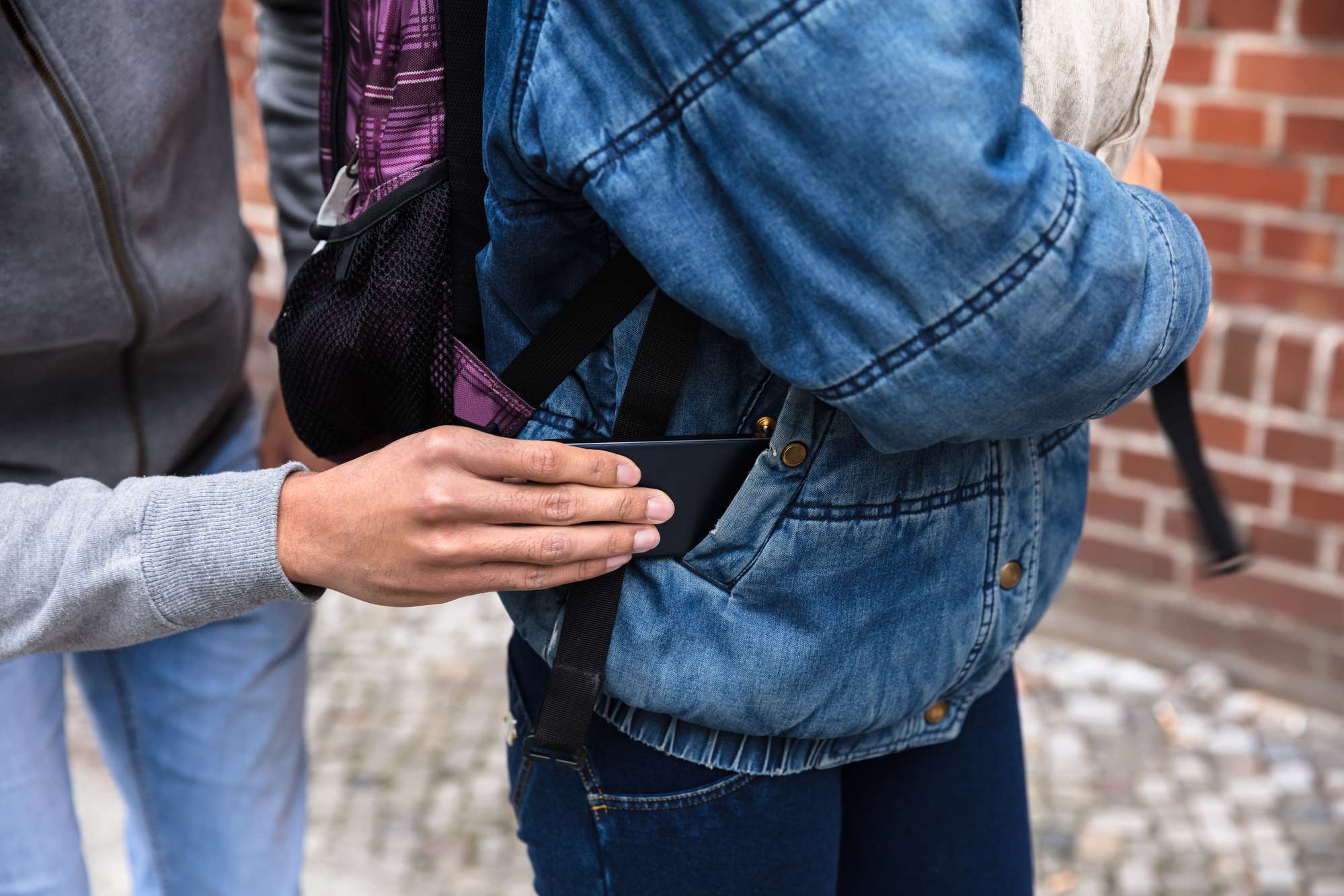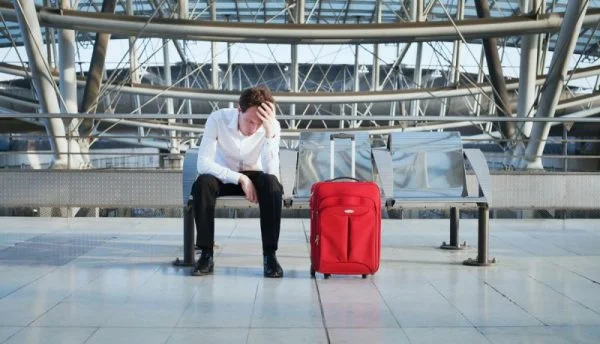Latest Posts
Portable Door Locks for Travel

Which Portable Door Lock / Alarm is Best for Your Travel Needs? A sense of security at home or while traveling is important. If you live in a rental property, the landlord has access to your place, and it’s possible that former tenants might, too, if they still have a key. If you have roommates, being able to lock the bedroom door can provide an...
› Read More
Best Anti-Theft Waist Packs for Travel

Anti-Theft Waist Packs And Hip Packs Protect Your Gear Question#1. Is your current waist pack an anti-theft waist pack? Would it stop a skilled thief? Question #2 While out enjoying the sights, using public transportation, shopping, or dining, where do you carry your wallet, passport, money, credit cards, phone, and other valuables? Using a regular waist pack or purse or bag can easily give you...
› Read More
What People Steal From Hotels

What People Steal From Hotels Have you ever taken something from a hotel? How about travel-sized shampoo or unused soap? Hotels expect that and even see it as advertising for the hotel you take home. However, what some people steal from hotels goes beyond that. Some hotel guests steal large and expensive items like towels and robes. No doubt you’ve found a card placed on...
› Read More
Can You Fly If Your Driver’s License or ID Card Was Lost or Stolen?

The short answer to “Can You Fly If Your Driver’s License or ID Card Was Lost or Stolen?” is yes, but read on to learn how. It’s a panic moment; you’re leaving for the airport, and you can’t find a government photo ID like a driver’s license, passport, or military ID. It is lost or stolen. The good news is that if you’re 18 years...
› Read More
Car Rental Tips for Foreign Countries

Want to drive when you get here? Here’s how to rent a car internationally. Take a few steps before you go, and you should be able to rent a car internationally, no problem. The laws governing car rentals do differ from country to country. Here’s an overview of what you need to know before you go and hit the road. Here are a few tips...
› Read More
In-Flight Travel Essentials to Upgrade Your Flight

Whether you’re flying domestic or international, you’ll want to make the time you spend in your seat as comfortable as possible, especially if you’re in economy class. Keep these in-flight travel essentials always packed in a small bag with your luggage; that way, they’re ready to go when you are. Buying ahead will save you money on any last-minute purchases at the airport and reduce...
› Read More












